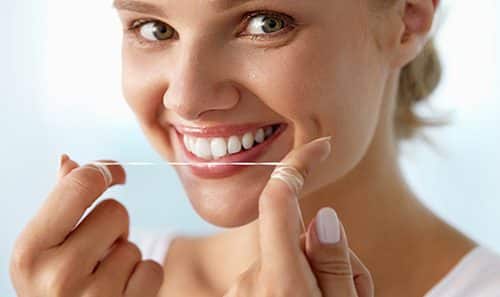
Plaque Attack? Let’s Fight Back!
Plaque is a sticky subject! It sticks to the enamel of our teeth above and below…

Looking—and Feeling—Your Best in Braces
It’s normal to be a little self-conscious when you first get your braces. Even though you…

When should I floss during the day?
A vital step in your oral health routine is flossing. We hope our patients at Crichigno…

The Many Benefits of Braces
It’s true that orthodontic braces can give you a beautiful smile. But did you know there…

Keep that candy at bay during your treatment!
Now that you have braces, it is more important than ever to maintain good oral hygiene…

Looking Back at the Old Days of Braces
Braces can be painful, but if you are a teen who loves being social, the worst…

Eating with Braces: Braces-friendly snack recipe
At Crichigno Orthodontics, Dr. Nicola Crichigno and our staff know that eating with braces can be…

Halloween: Candy, costumes, and more!
All Hallows’ Eve, more commonly known as Halloween, is a yearly event celebrated on October 31,…

Braces-Friendly Recipe: Dinner
Wearing braces during your treatment at Crichigno Orthodontics presents some unique challenges in the types of…

Top Five Best Foods for Oral Health
Some foods are just terrible for your teeth — think cookies and candy bars — but…


